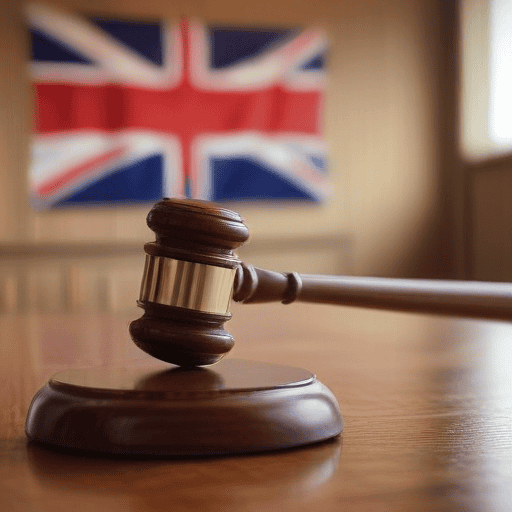Tensions have escalated between Fiji’s Minister for Public Works, Ro Filipe Tuisawau, and Opposition MP Ketan Lal following the collapse of the Vuniyasi Bridge in Nadi. Tuisawau has publicly questioned Lal’s understanding of governmental processes despite his years at the Fiji National University, after Lal called for Tuisawau’s resignation. Lal characterized the incident as indicative of the government’s failure to prioritize the safety and well-being of Fijians.
In response, Tuisawau labeled Lal a hypocrite for remaining in Parliament after the resignation of prominent leaders from Lal’s own party, including Voreqe Bainimarama and Aiyaz Sayed-Khaiyum. He posited that it was the votes of the public that carried Lal into Parliament, underscoring a demand for accountability.
This debate touches upon significant themes of political accountability and infrastructure safety, particularly in light of natural disasters. As the government faces criticism regarding its infrastructure management, there is an opportunity for constructive dialogue that could lead to improved policies and practices, ultimately enhancing public safety and wellbeing.
Moreover, as Fiji grapples with these challenges, this situation can be viewed as a pivotal moment for policy reform and strengthening the nation’s infrastructure resilience against future incidents. The hope is that such critical discussions can foster a more proactive approach to governance, ensuring the security and confidence of the Fijian populace in their government’s commitment to their safety and welfare.

Leave a comment